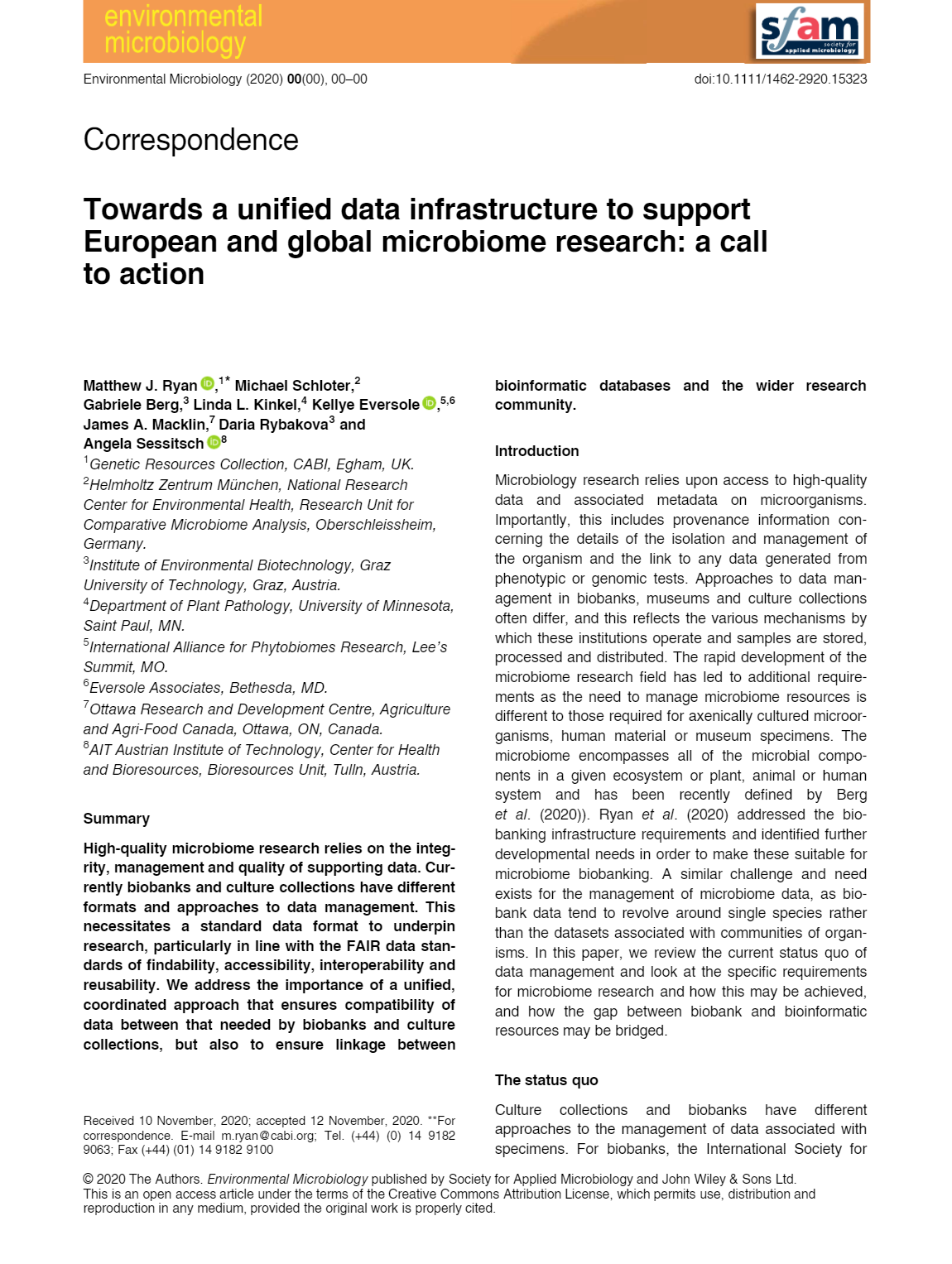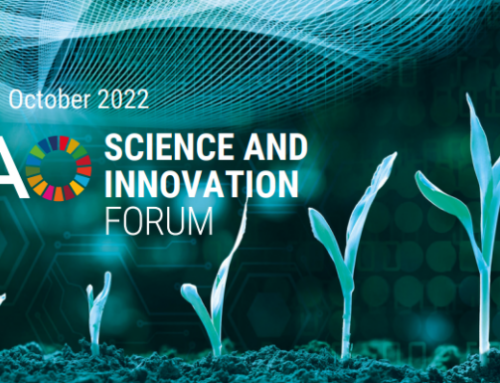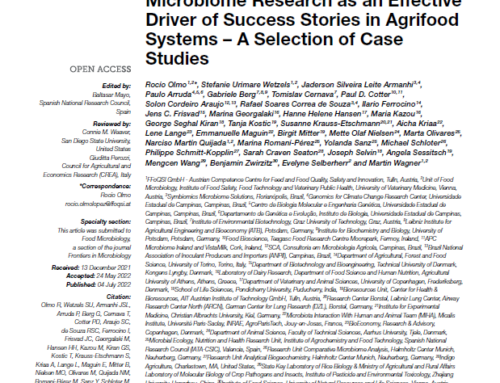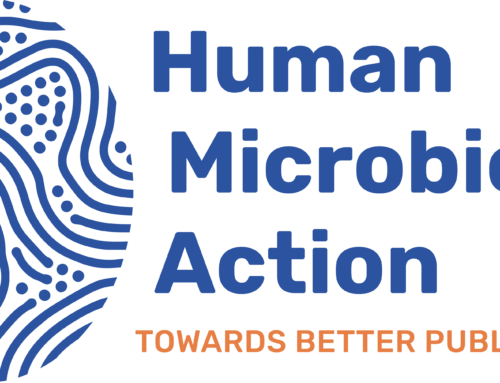International microbiome experts are calling for a coordinated and unified approach!
Microbiome research has gained increasing importance, interest and awareness in the last decade. The potential that microbiomes have in creating sustainable food systems and future-proof bio-economies has been highlighted by MicrobiomeSupport already many times.
One of the main aims of the MicrobiomeSupport project is to set-up and support best practices, consistent protocols and international standards for microbiome research. With this, the project is addressing policy agendas in Europe as well as worldwide, and aims to ultimately enable innovative applications of microbiomes in our food systems.
However, all of these aims and objectives cannot be achieved without unified and coordinated data infrastructure!
THE PROBLEM
Currently, there is a lot of divergence in the approaches that research institutions and organisations use to manage their data – for instance how they operate, how samples are processed and distributed, and how they are stored such as in biobanks, museums or culture collections. On top of that, the existing biobanking infrastructure is better suited for single species rather than complex communities of organisms such as are microbiomes.
MicrobiomeSupport partners have discussed on the most effective recommendations forward and have shared them in a research paper published last November. The main recommendations include:
- In the first instance, a complete reassessment of requirements to meet the needs of the microbiome research community is needed.
- With the data infrastructure currently being limited, an infrastructure to support the quality and reproducibility of all microbiome-based research is needed. It is required to assess an expansion of biobanks and culture collections, while taking into account current legislation, and to identify infrastructural overlaps.
- There is a need to build on the best practices used by biobanks and culture collections and create common, international standards. For instance, there is a need to standardize microbiome metadata, as well as effective preservation methods.
- Ensure that microbiome researchers readily record the data from their research and openly share it in a standardized and reproducible manner.
Overall, improving the use of existing data and data storage, and assessing microbiome standards and best practices will allow for better comparability, reproducibility and quality of data for microbiome research. These current efforts to create unified data infrastructure around global microbiome research will unquestionably benefit microbiome researchers in the future!
Full reference: Ryan M.J., Schloter M., Berg G., Kinkel L.L., Eversole, K., Macklin J.A., Rybakova D., Sessitsch A. ‘Towards a unified data infrastructure to support European and global microbiome research: a call to action’. 16 November 2020, Environmental Microbiology. DOI: 10.1111/1462-2920.15323






